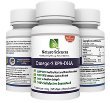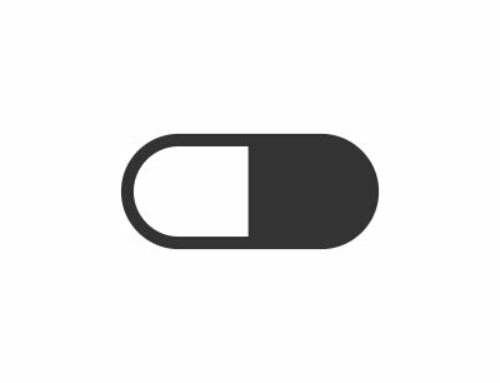 One of the most important hormones telling a women how many eggs she has left is FSH (follicle stimulating hormone).
One of the most important hormones telling a women how many eggs she has left is FSH (follicle stimulating hormone).
In recent years, several home tests have been developed as a convenient means to check fertility at home.
Such tests are similar to pregnancy test strips, meaning it’s really very easy to use them. Testing should be performed on cycle day 3. Ideally, you will test several cycles in a row.
FSH testing at home: are home fertility tests accurate?
Yes. However, there are a few things you need to know.
Let’s start by examining how the test is done:
When you are ready to begin testing, you simply immerse the strip into the urine, wait a few seconds, take the strip out, allow 5–10 minutes to pass before you read the result and take a look what the strip says.
Depending on what you see, the result may tell you a lot and change your life completely. Or it may tell you nothing at all. You also may get confused and realize you need a second opinion. The way I see it, it all depends on whether you have enough knowledge to understand the result.
Benefits of FSH home tests:
The first (and, for me actually, the most surprising) benefit is, that the FSH home tests are actually quite reliable in terms of giving an accurate measure of FSH concentration in urine. For many hormones other than FSH, this is not the case and one needs data from the blood.
There is a study published in Human Reproduction (“FSH measured in unextracted urine throughout the menstrual cycle correlates with age and ovarian reserve“), which showed that
- cycle day 3 FSH is as good for testing FSH as cycle day 2 or 4 and that
- FSH measured in urine is as good and reliable as FSH measured in blood.
Other benefits of a fertility-home test are that it’s
- cheap,
- can be easily repeated, and
- everything happens in the privacy of your own home.
What’s nice is that with these simple urine strip syou can measure FSH in as many cycles as you like. This is important for women over 35 since it is the highest FSH value that counts as this reveals the most about the status of your ovarian reserve.
Such repeat testing is not something that doctors would have time and resources to do. As a matter of fact, testing FSH by your Ob-Gyn or RE only once, as it’s usually done, puts you at risk of missing some important information.
Things to be aware of when testing FSH at home
The biggest problem with the commercial FSH home test is that its sensitivity starts with >20 mIU/ml (note that “mIU/ml” is the same as “IU/L”). This means that FSH will be detected once it reaches that level. However, FSH concentrations of 20mIU/ml and above are physiologically in a range typical of women in menopause.
Therefore, if you get even a single positive FSH test result while testing at home, then this automatically means you may be in trouble in terms of getting pregnant with your own eggs.
Women who wish to get pregnant wish to see FSH levels of 5–13 IU/L. Therefore, the only relief they can expect from the home test is seeing a clearly negative result!
Still, I believe that seeing this negative result is worth checking for every now and then.
To conclude: FSH home tests are perfectly accurate. There is only much wrong about the way they’re marketed. In my opinion, it is very misleading to market a >20mIU/ml FSH test as a “fertility test” rather than a “menopause test” when it primarily indicates the onset of menopause and not a fertility status.
Would I personally use this test?
Definitely—I actually find this kind of kit highly useful because many women can’t easily test their FSH at a fertility clinic. Many don’t have the right insurance, don’t know what to ask for, or get one FSH measurement at best (and in women over 40, chances are good that this single value may either give them false hopes or provoke an unreasonable panic).
That’s why I see much benefit in testing FSH in a DIY way – you simply want to exclude the possibility that your FSH is already too high for conceiving with your own eggs.
Supplements which are scientifically proven to increase egg quality:
To know when you ovulate:
Prenatal vitamins:














